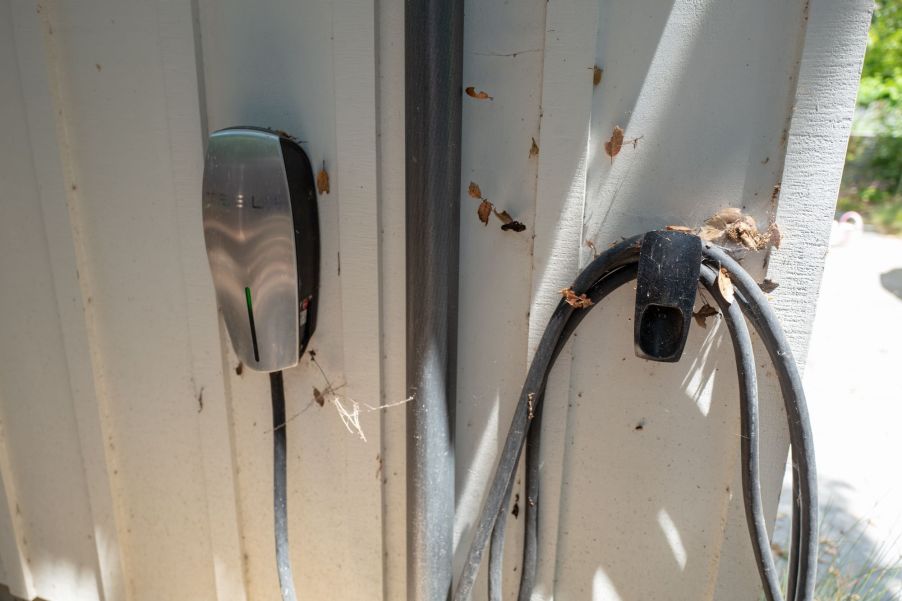
What You Need to Know Before Choosing Your Home EV Charger
Once thought to be a phase, EVs are gaining momentum in the car market. The Legislation passed by the Biden administration aims explicitly to increase the number of EVs on the road. Many car manufacturers have pledged to align themselves with this legislation and have vowed to begin phasing out the gas-powered engine for the more eco-friendly EVs.
If you are thinking of purchasing an EV, you should be thinking about buying a home EV charging station. There are a few key points you will want to consider before taking that step.
Do I need level 1 or level 2 as your home EV charger?

Cars.com details the differences between chargers. There are two levels of at-home charging stations. You can choose from a level 1 or level 2. Level 1 is going to be a 120-volt system. These chargers are appropriate if you charge a hybrid with a smaller battery.
However, if you are charging an EV, the maximum range you can get with 120-volt charging is 5 miles in an hour if the vehicle you’re charging is a compact, efficient EV. Level 1 charging does not offer enough power for an EV to run the heat or air conditioning for preconditioning the cabin in extreme temperatures when connected to the grid power.
Level 2 is a 240-volt system that can recharge at 40-plus miles of range per hour. These are offered in 32 amps and 48 amps. This will be a better solution because it will build enough charge to run all the creature comforts in the cabin.
Will I need a hardwired or plug-in home EV charger?
Some EV owners have chosen to hardwire rather than plug into a 240-volt outlet. This creates a more permanent and clean installation, and it may be needed in particular applications such as outdoors, and certain municipalities may require it as well.
One of the advantages of a plug-in installation is that you can simply unplug the charger and take it with you, for example, if you are moving or vacationing. Also, installing an outlet rather than direct hardwiring may be more expensive.
Does it matter if it is wifi connected?
A basic charger will not offer connectivity. However, smart chargers offer Wi-Fi connectivity so you can monitor, program, or manually start or stop charging remotely via a smartphone app. This may or may not be necessary because many EV manufacturers have these capabilities already built-in.
If you are interested in tracking the electricity used, a smart charger will allow you to do that. Most EVs don’t track electricity used while charging, such as losses caused by the charging process.
Does the charger need to be certified?
When you buy an electronic device, there is usually a tag that states it is certified UL or ETL certified. Your EV charger is no different. In fact, it could be argued that it is even more critical for safety reasons. Lithium-ion vehicle battery fires receive a lot of attention, although they’re rare compared to fires caused by malfunctioning residential equipment and wiring.
In addition, you will want to protect your investment by choosing a charger that is nationally recognized by testing laboratories like Underwriter’s Laboratories and Intertek. You will likely spend a good bit of money on your EV, so spending a few extra dollars to get a certified charger will be a good investment in the long run.
EVs are taking the automotive industry by storm. As the prices come down, more and more EVs will be on the road. As a result, more and more people will be installing home chargers and all but eliminating the need to stop at a fuel station unless you are taking a long trip.
Since the network of EV charging stations available publicly is still being developed, most charging will be done at home. Choosing the correct charger is essential to protect your investment and your safety.


